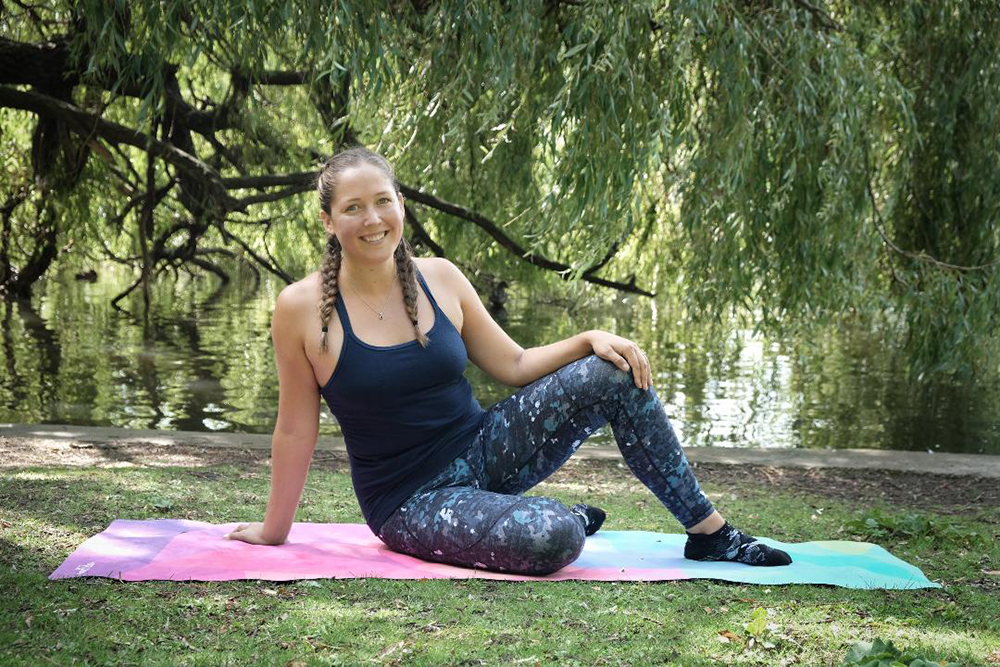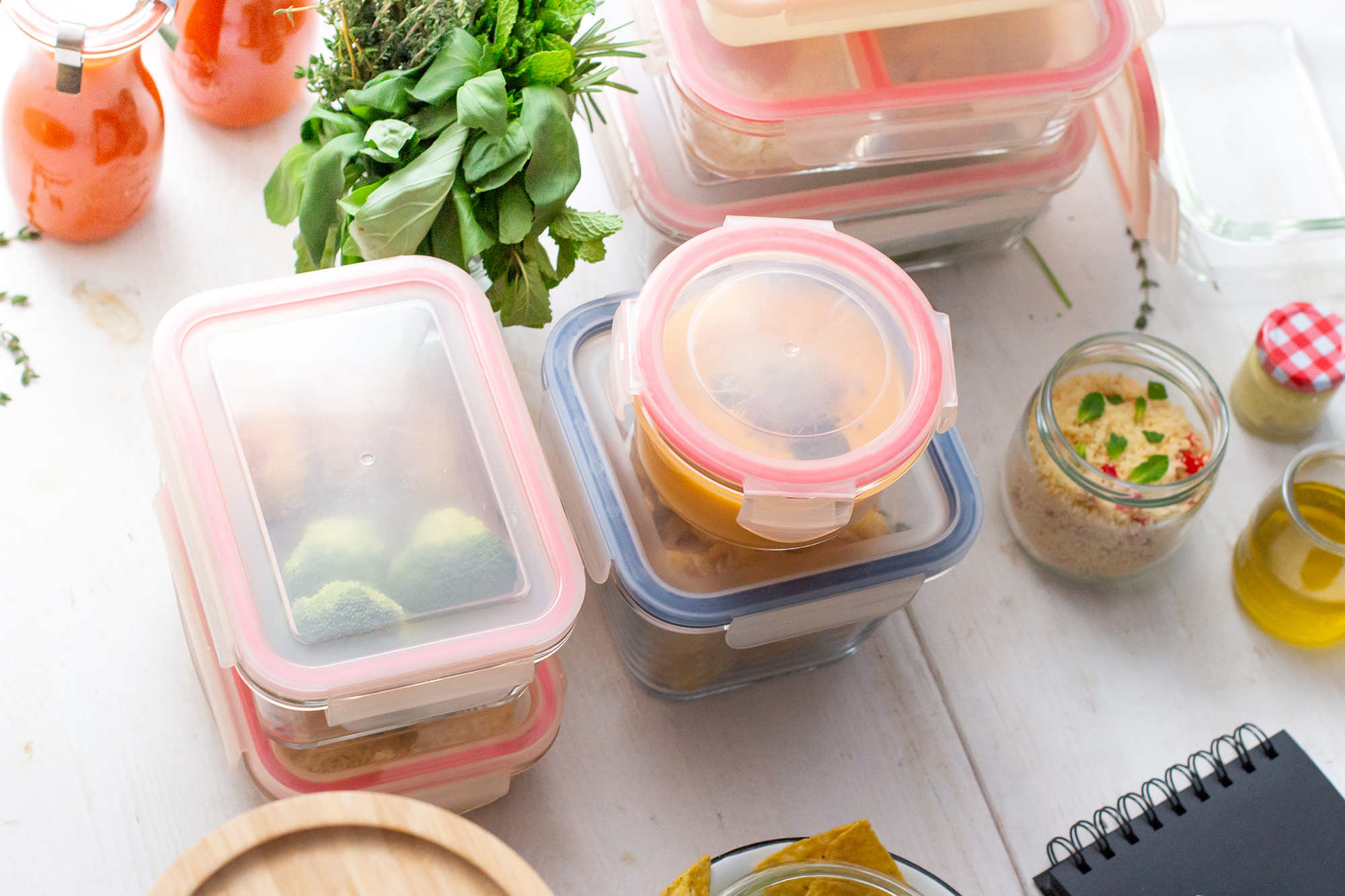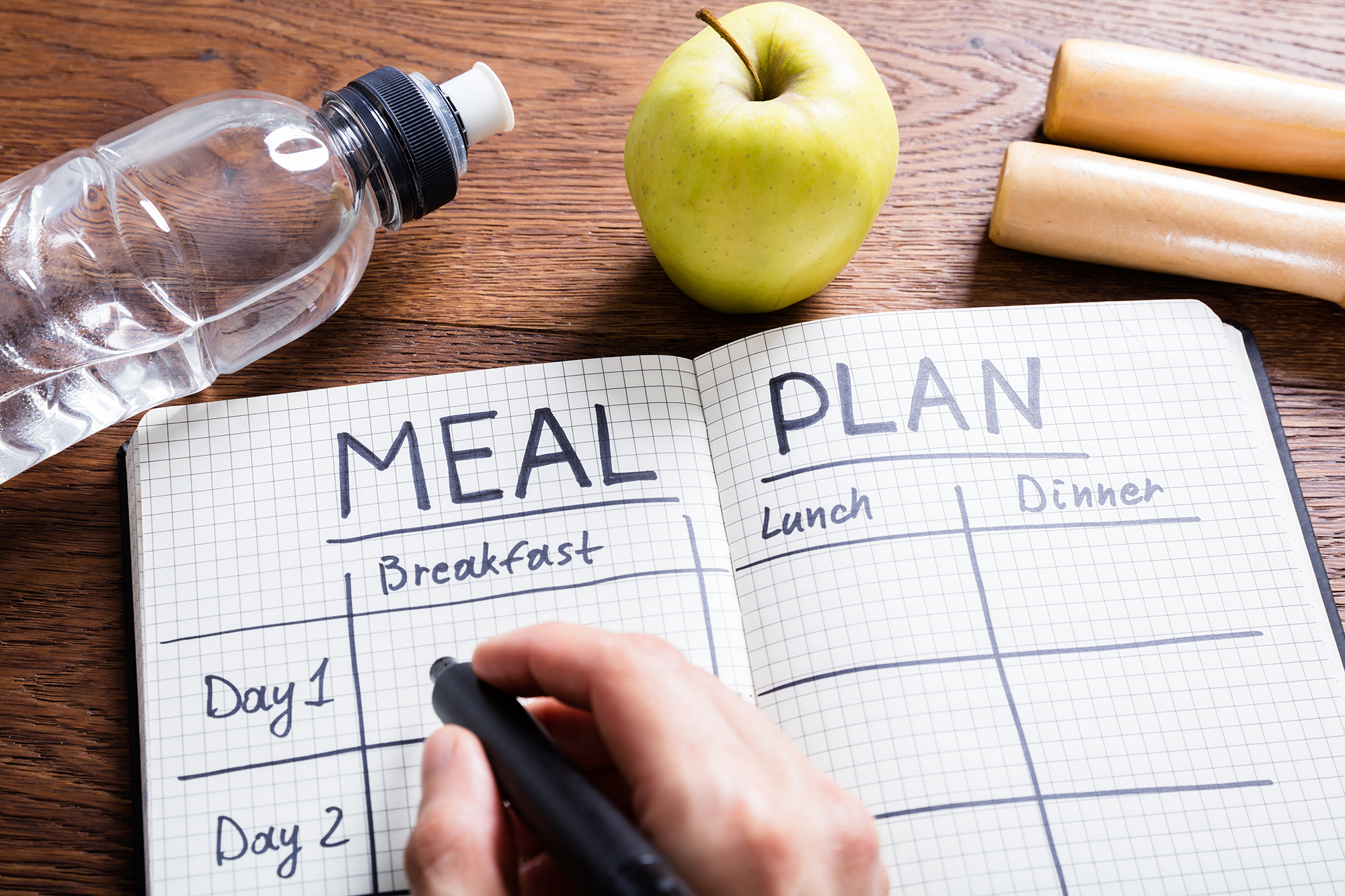UK lockdown: 'we cut the cost of our weekly food shop by over 60%'

The Coronavirus pandemic has had a huge impact on Brits, including their finances. We talk to one couple about how they drastically cut the cost of their weekly food shop.
Household budgets are tightening as a lot of Brits continue to lose income during the UK lockdown.
We talk to a self-employed couple who explain how they have slashed their weekly food bill by over two-thirds.
Personal trainer Amy Elisabeth has been vegan for years, but it wasn't until the outbreak of COVID-19 that she was able to convince her husband to give up meat.
The decision came when the couple, who live in South East London, started looking at their finances to see how they could reduce their outgoings.
Previously, their food bill had been around £60 a week, but by savvy shopping and batch cooking, they have managed to cut this down to £20.
"We are both self-employed and about a month ago, we were looking at ways to cost cut due to Coronavirus and everything being so uncertain,” said Elisabeth.
“We noticed that the most expensive things in our weekly shop were meat and dairy, so my husband Andy has pretty much cut them out.
“He still has cow's milk in his tea and puts a bit of cheese on a pasta dish but that's about it."
Cheap supermarket offers and deals from Aldi, Asda, Lidl, Morrisons, Sainsbury's, Tesco and Waitrose

Batch cooking and meal planning
The pair now batch cook three vegan meals on a Sunday, which last for a whole week, including lunch and supper each day.
The meals are divided into two portions with half going in the fridge and the rest in the freezer.
These meals, which are made mainly from chickpeas, kidney beans, tofu and vegetables, are then served with pasta, rice or potatoes.
"In the past, we cooked together, and Andy had meat on the side like sausages or chicken breast and we cooked one meal at a time,” commented Elisabeth.
“If we wanted something we didn't have, we just went out and got the ingredients.
“But now we do a meal plan and then we shop.
“Wholefood like fruit, vegetables and pulses are so cheap and if you cook from scratch and don't buy meat substitutes, you can save so much money."
Can you cook dinner for £1 per person?

Switching from Sainsbury’s to Lidl
The couple also switched to shopping at Lidl instead of Sainsbury's, which has also reduced their bill dramatically.
"When I grew up, my mum always went to Sainsbury’s,” said Elisabeth.
“I used to think Lidl and Aldi vegetables wouldn't be very nice, but they are actually really good.
“Lidl sells enough to have a varied diet although there are a few specialised things I will still go to another supermarket for."
Food waste: what's being done and how you can help
How blind taste tests can cut costs
Another money-saving tactic has been switching to non-branded products when the quality is just as good.
The couple do a blind test and if they like the cheaper brand or can't taste the difference, then they switch to it.
"We now buy the cheapest tinned tomatoes, cloudy lemonade, squash and tinned fruit,” said Elisabeth.
“I used to think I had to have the branded version or the more expensive version but sometimes the taste is the same.”
Swapping homemade snacks for processed ones has also saved money and waste.
For example, they no longer buy crisps but instead have apple with peanut butter or edamame beans sprinkled with garlic or chilli.
Supermarket shopping: when own brand beats branded goods

‘This is something we can control’
Saving money is important for the couple who are unsure how the current lockdown will impact their finances.
"We wanted to save money at home because things were uncertain,” said Elisabeth.
“It is out of our control, but this is something that we can control.
“It saves time as well as money and we are eating more healthily.
“We are lucky that we don't mind having the same thing throughout the week."
Elisabeth has developed online personal training as she is no longer able to meet clients face-to-face whilst her husband Andy Smith is concerned about the impact of a delivery ban on his business.
Smith sells sustainable alternatives to single-use plastic products, such as zero waste Toothtabs, via his website reco.shop.
"If postmen stop working then his business will suffer because everything is delivered,” said Elisabeth.
“And even though I am doing online personal training, everyone is trying to save money and it is not on the top of everyone's mind, so as a result we are trying to save where we can.”
And even when some sort of normality returns, the couple plan to carry on their budget buying.
"We like it and we will continue it,” commented Elisabeth.
“We might splash out on tender stem broccoli rather than just broccoli but then again we might not!"
Financial challenge: can I live on my store cupboard leftovers?
Comments
Be the first to comment
Do you want to comment on this article? You need to be signed in for this feature